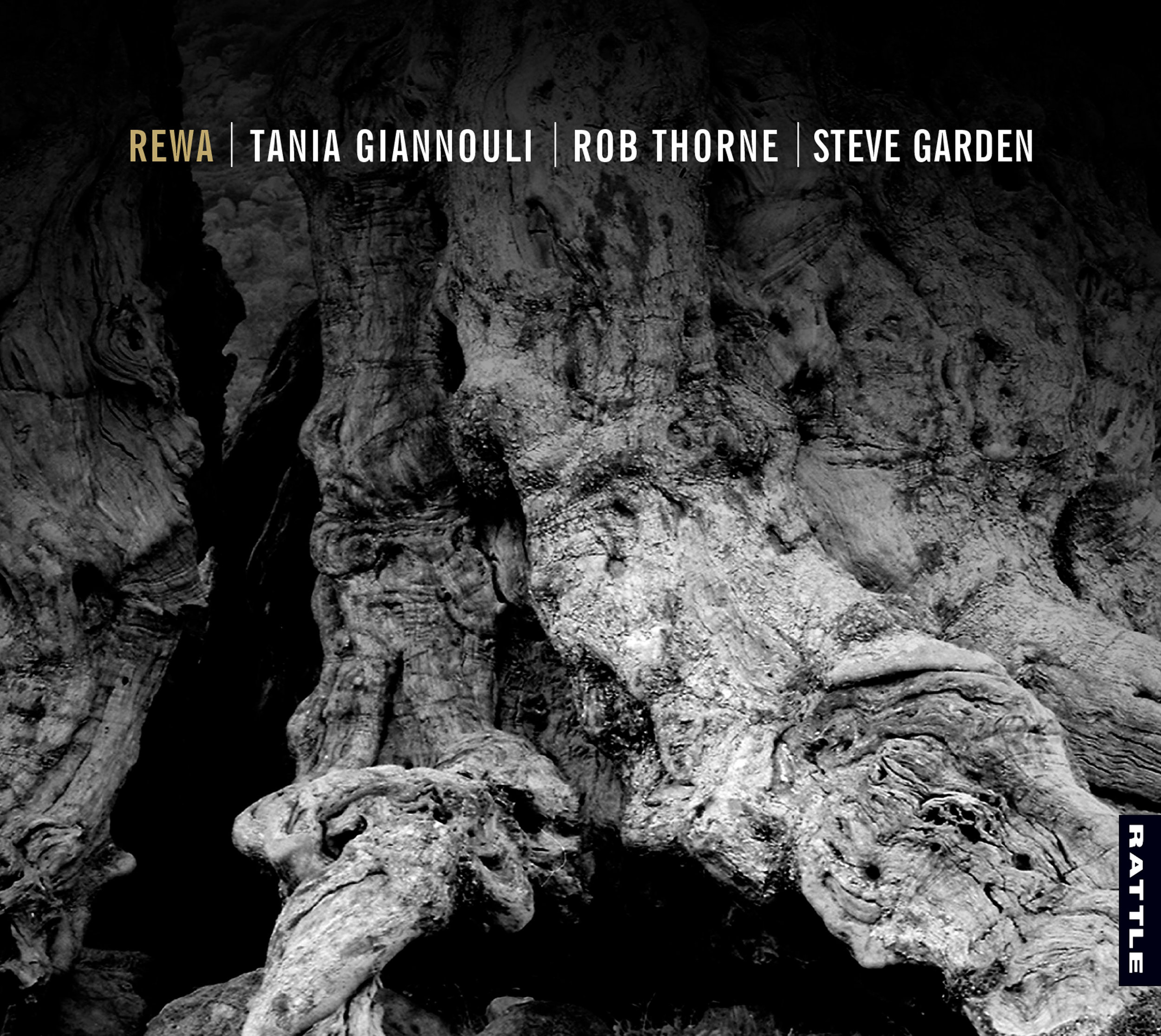Vangelis Poulios
Vangelis Poulios — Avopolis Music Network
A triumphantly instinctive partnership that overcomes reason by showing how abstract modernism can coexist with traditions lost in the depths of the ages.
Let's start by talking about the musical "meeting of minds" that "engages with the primordial" as is implied by the media release for this release. Rob Thorne, who plays wind instruments unique to New Zealand Maori, meets pianist Tania Giannouli, a musician immersed in the abstract forms of European modernism, but - hello! - she is Greek, so she must somehow have incorporated the fact that she was born under that eternal light of the Parthenon. This is what the short description of the album implies on Rattle's website, and it leads us somewhere interesting ...
Fortunately, however, the album itself is free of such simplifications. The primitive is indeed apparent, and it's an interesting idea to support an improvisational musical partnership in those terms, because it makes you wonder: what do thy mean by "primordial"?
The answers found within the music are, thankfully, entirely convincing, and roughly involve the following: firstly, Thorne's instruments, collectively called taonga puoro (literally, "singing treasures"), consist of shells, wooden pipes and relatively small flutes - or 'lumen', if you prefer to stay with primordial references; and secondly, his playing, which, instead of working with harmonies and scales, imitates (or sounds like imitation) voices and animals, wind, sea nd other elements of nature (for an example of wind, listen to the wonderful "Spell"); thirdly, the sense of 'distance' that Giannouli adds to Thorne's sparse utterances with her open piano playing, because what is the primitive or eternal if not distant, something that can never be touched, something that seems to come from one place and goes to another, just like a slideshow (as the poet would have it) of our perishable substance; and, finally, the arrangements by Steve Garden, which favours sounds that enhance the ghostly dimension of the above.
I was surprised to learn that Garden is also the founder of Rattle, a music label that doesn't situate itself simply in "New Zealand" but "Aotearoa New Zealand", a recognition of the Maori name given to those two Pacific Islands who knows how many centuries before it was "discovered" and "appropriated" by the British Crown.
Like every primitive, however, Rewa has a rhythm that resembles immobility. It spreads, more than it develops, letting its notes sound and then slowly erase with all their splendor; spreading all over the place without having to join a "subject" or some "melody" to make sense. Giannouli's partnership with Thorne is triumphantly instinctive, because together they manage to overcome the rational to unite two different worlds based on intuition and empathy. And when we say 'two worlds', we don't mean "two primordial cultures in discourse with each other" (from what I gather, Giannouli had no conscious intention of bringing our own 'Greek Ancients' into the conversation), but to say that abstract modernism can coexist, musically and philosophically, with traditions lost in the depths of the ages, without flaunting its well-worn 'sovereign' tendencies. It is for this reason that Harris Lambrakis comes to mind as a very interesting example of how the primitive can be used in a modernist environment - in the case of Lambrakis, that of a jazz quartet.
Here, of course, there is no such clear reference from Giannouli, as she doesn't seem to have much use for staying faithful to something so specific. Instead, she fully embraces the deep breath of Thorne, monitoring them discreetly, or purposefully interrupting them. For example, an abrupt (almost nervous) passage of chords are an obvious contradiction to Thorne's cosmic harmony (or agony), but there are times when Thorne's fragile melodicity becomes something like a shadow, something that is there but at the same time absent.
The collaboration ends with the 15-minute "Te Tangi A Mutu", in the last minutes of which Giannouli's gentle melancholy finds its most effective expression. Thorne, complimented by harsh blasts, adds to an extremely ghostly presence / absence. It's a pretty shocking closure for an album that has already given enough emotion and ample room for reflection.















